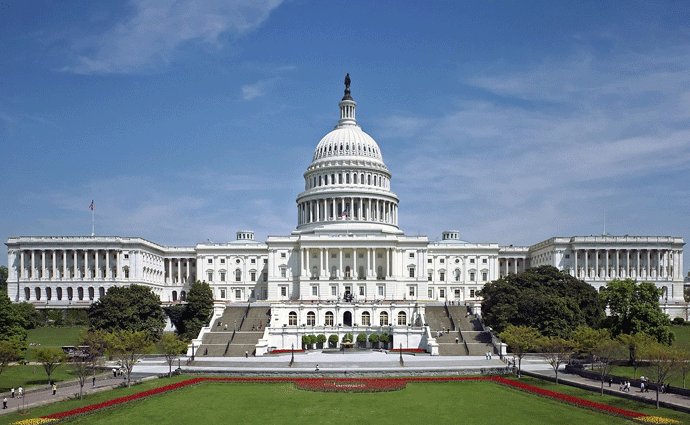AHIP, Provider Groups Balk at DOJ Position on ACA Mandates
AHIP and several provider groups are urging federal officials to enforce key provisions of the Affordable Care Act, including essential health benefits and the individual mandate.

Source: Thinkstock
- AHIP and a number of professional societies and provider groups are urging the Trump Administration to enforce key provisions of the the Affordable Care Act after the Department of Justice (DOJ) said it would not defend the ACA in a federal court case.
Earlier in June, US Attorney General Jeff Sessions sided with a coalition of Republican governors and state Attorneys General in a lawsuit that argues the ACA’s individual mandate and requirements to cover essential health benefits (EHBs) are unconstitutional.
Sessions agreed with the GOP plaintiffs that due to existing legal specifications, the $0 penalty for the individual mandate in 2019 will become unconstitutional because it will no longer be considered a tax. Sessions cited previous arguments from Chief Justice John Roberts which said “[the individual mandate] reads more naturally as a command to buy insurance than as a tax.”
Sessions also agreed with the plaintiffs that enforcement of the ACA’s EHBs are also unconstitutional because they are inseverable from the individual mandate. The main legal contentions in the lawsuit imply that EHBs cannot exist without an individual mandate, and that by repealing one of the policies, the government can’t enforce the other.
The DOJ’s position drew swift and negative reactions from many of the nation’s largest professional societies and healthcare industry trade groups.
In an issue statement released on June 8, AHIP rejected the notion that the individual mandate and essential health benefits are inseparable, and urged the government to maintain important consumer protections against discrimination due to pre-existing conditions.
“Zeroing out the individual mandate penalty should not result in striking important consumer protections, such as guaranteed issue and community rating rules that help those with pre-existing conditions,” AHIP said.
“Removing those provisions will result in renewed uncertainty in the individual market, create a patchwork of requirements in the states, cause rates to go even higher for older Americans and sicker patients, and make it challenging to introduce products and rates for 2019. Instead, we should focus on advancing proven solutions that ensure affordability for all consumers.”
AHIP also plans to file an amicus brief to support its argument. The organization added that the repeal of the individual mandate has already caused payers to file higher premiums for plan year 2019, but further action against the structure of the law may destabilize markets even more.
“Millions of Americans rely on the individual market for their coverage and care, and they deserve affordable choices that deliver the value they expect,” AHIP said. “Initial filings for 2019 plans have shown that, while rates are higher due to the zeroing out of the individual mandate penalty, the market is more steady for most consumers than in previous years, with insurance providers stepping in to serve more consumers in more states.”
Professional societies including the American Academy of Family Physicians (AAFP), the American Academy of Pediatrics (AAP), and the American Psychological Association (APA) also cautioned that the DoJ’s decision will have significant implications for individual plan holders.
The groups believe that payers will likely return to older practices that discriminate in health plan enrollment based on conditions such as health status. These discriminatory practices may once again block millions of Americans from health plan eligibility.
“As physicians who provide a majority of care to individuals for physical and mental conditions, we can speak clearly that these insurance reforms and protections are essential to ensuring that the more than 130 million Americans, especially the more than 31 million individuals between the ages of 55 and 64, who have at least one pre-existing condition are able to secure affordable health care coverage,” the organizations said.
“We strongly urge the Department of Justice to reconsider its decision in Texas v United States and that we all seek policy solutions that increase access to affordable health care that provides all individuals, regardless of their gender, race, and health status, reasonable protections against discrimination in coverage and pricing.”
The DoJ’s decision to not defend critical facets of the ACA is likely to face more criticism from policy experts and other legal defenses.
Researchers and actuaries have found that the ACA’s individual mandate has been instrumental in ensuring stability of the individual health plan market and limiting the growth of the nation’s uninsured population.
Additionally, a group of 16 states and their respective AGs plan to defend the individual mandate and EHBs against the plaintiffs’ lawsuit.
